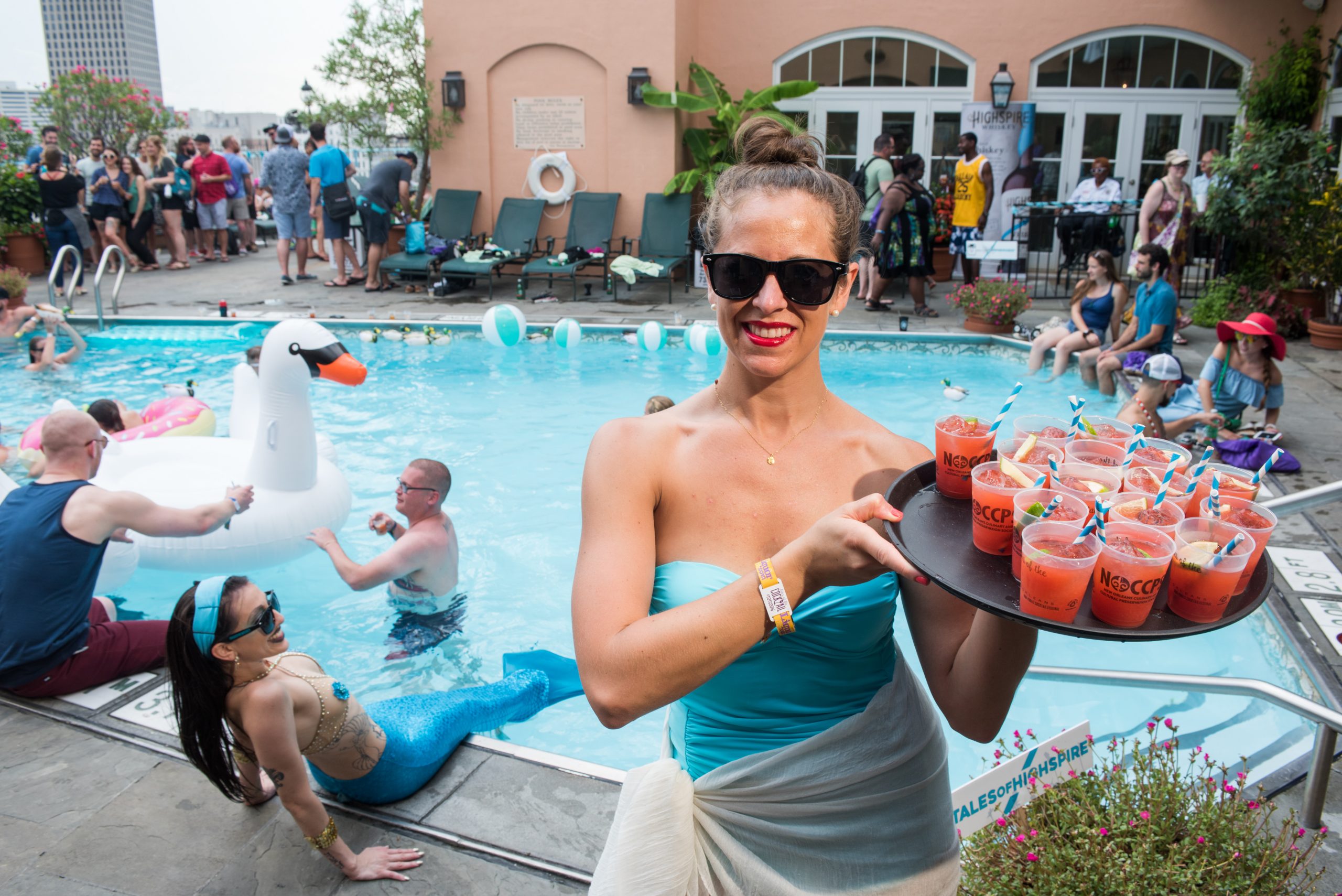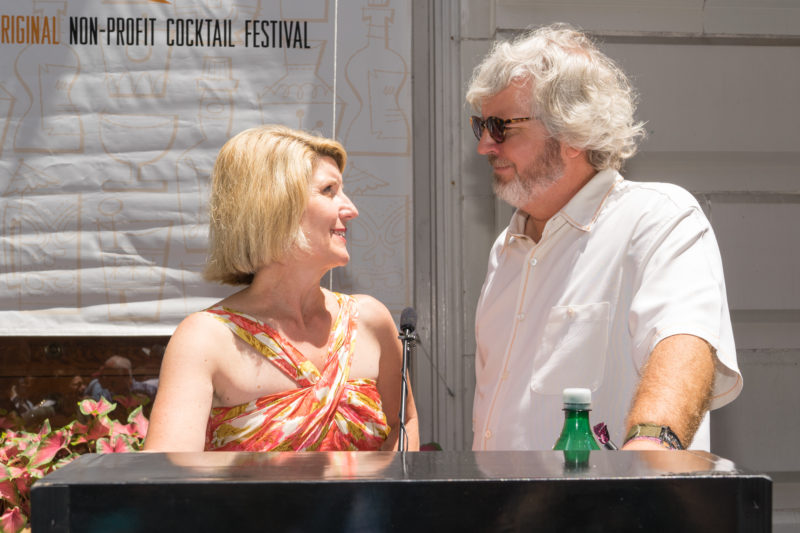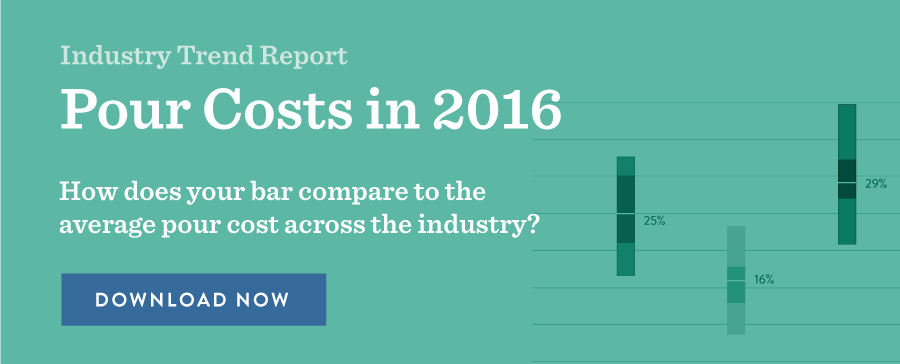


(Photos courtesy of Jennifer Mitchell Photography.)
In the conclusion of our exclusive interview series with Paul Tuennerman—one of the co-founders of Tales of the Cocktail—we reflect on the past and look into the future. How will Tales and the world of cocktailing change and evolve moving forward? Who better to be asked that question than Mr. Cocktail himself?
The first part of this interview series covered how Tales of the Cocktail was born. The second part covered how Tales grew. And the finale now covers what’s next in the land of Tales, cocktailing and bartending in general.

BevSpot:
How do you feel the character of Tales has changed since it first began? Where do you hope to see it develop as it moves to the future?
Paul:
I think we’ve grown up a lot. You go back to 2006, it was Ann and me. Ann’s mom literally made every single lanyard by hand. One year, we gave out muddlers. She branded each muddler by hand. Ann’s sister was in charge of grocery shopping. Today, we have semis that back up to the Hotel Monteleone full of wines and lanyards.
We just made it work to get forward. Today, I think the team has done a tremendous job. We now have a full-time staff of ten people. We have Tales 365, our membership program. We have Tales on Tour. We have content that we’ve just started focusing on. We just did a series on mental health and well-being with Jack McGarry from Dead Rabbit who is a recovering alcoholic. He did a Facebook Live with us where we talked about his struggles in the industry with depression and alcoholism. We look at the entire industry and just give it its due and a platform for it.
We’re always evaluating what we do and how we do it. Looking for what’s next and what’s on the horizon. We definitely got to the table first for our style of event. When people ask where I see myself in five years, I always jokingly say that I don’t play that game, because that way I’m never disappointed and I’m always surprised.
We do have a vision, a mission and a set of values. We spent a lot of time writing those. If you can stay true to that, you’ll be successful. It’s when people lose track of what was important in the beginning that people start to fail.

How have you seen the trend of cocktailing grow around the world?
I grew up in the restaurant business. If you look at a trend like farm-to-table, it’s been around forever. But, it just hasn’t propagated around the country, much less around the world. There are a lot of trends in the culinary industry that have taken a long time to develop.
People have been working on open kitchen designs since the early 1990’s where they were trying to take down the walls and taking the culinary experience out front where the guest could see it, where you could see the flame and the sizzle and [experience] the smells and be part of that experience. Again, it took a long time to propagate throughout the country.
Classic cocktails are just reaching that point. I travel a lot in my line of work, about 250,000 miles a year all around the world. I’ll tell you: It has become a way better place to drink in the last decade.
Amen to that. What are your personal thoughts on trends that you’ve noticed recently in the cocktail world, whether it be at Tales or in your travels?
Whenever I travel, I try and stop by and see somebody and make a new friend. It’s interesting to see how people have started to embrace a partnership with the kitchen. Chefs tend to be very territorial. They can be dicks, let’s face it. The bartending industry is very fraternal. It’s not uncommon for people to work at two or three establishments. A chef would never have a sous chef that did that. You worked for them, you were loyal, and that’s it. You didn’t share talents across the board. So, the bartenders working in the kitchen is impressive.
Personally, I’m a huge fan of rum. Rum and agave spirits have become two of the hottest categories and both of them are favorites of mine.
It’s just really exciting to see what’s going on these days. Bartenders really aren’t wired to be business people. There’s no shortage of bars out there that have opened and closed. Simon Ford says that bartenders are struggling musicians that never bothered to learn how to play an instrument. It’s just not their forte. It’ll be interesting to see other industries come in and the role technology plays moving forward to help bartenders become better business people.
Check out the previous parts of this interview series and make sure to subscribe to the BevSpot Blog below for more insights into the industry.

